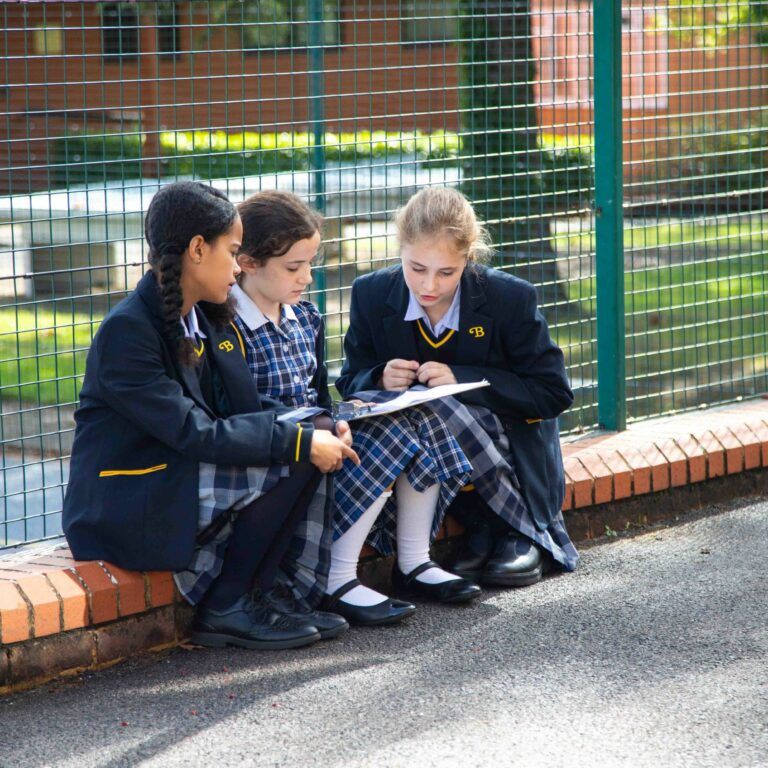Tougher than deciding who to send home on a television reality show, the first step towards the adult world is about to be confronted by Year 9. Choosing GCSE optional subjects has been a source of stress and strain since even the far off days of my schooling which took place very much in the last century!
How do you begin? As GCSEs are two year courses at school, pupils naturally want to make sure that they enjoy the majority of their time in lessons and if they like the subjects then it follows that they are more likely to do well. This is why it is important to choose, as far as possible, subjects which pupils are interested in and ones that they enjoy. There are a number of aspects to deliberate when considering enjoyment. It might be that science is enjoyable because of the practical application. This might lead to a choice of other practical subjects. Other pupils may find learning about the world, past and present, leads to a choice of subjects such as Geography, History or RS. Here it is worth noting that full consideration should also be given to the style and manner of assessment. Some pupils will be less keen to study too many subjects which are examined by long essays in their final examination. There are also subjects such as Drama, Classical and Modern Languages which add an extra special dimension to any skill set.
Some pupils will already have an idea about possible future courses or careers. It is important to choose subjects that will facilitate these choices whilst also bearing in mind that a broad spread will allow for flexibility and ease a change of heart- a fairly common occurrence. In any case, it is likely that today’s GCSE hopefuls will change career several times in the course of their long working lives.
There are also several factors which should never influence choice, however. A subject which is easy at Key Stage 3 may change significantly at GCSE. Similarly choosing a subject based on the likeability of the teacher is not a smart move. The teacher may not teach the GCSE group. Opting to follow a friend into a GCSE subject is also fraught with difficulty. The friendship may not last the course!
Whilst parents and friends will be only too keen to offer their advice, it is probably best to listen attentively, acknowledge the good intent and then seek out help from the professionals. Heads of Departments and subject teachers will be very familiar with the GCSE specifications and will be able to advise you on your suitability and chances of success in their area. If pupils prefer a more independent approach then all the examination boards have extensive, user-friendly websites which will give you a clear picture of what to expect. Last but most definitely not least, the Futures or Careers department as it is still known in most schools will have a wealth of helpful information and advice they will be only too happy to share. Helping pupils make the best decisions in this fundamental first step is a very satisfying part of the job.
So my final pieces of advice for you in this important decision making process are – take your time. Remember to do your research. Do not be afraid to ask lots of questions. It is important to be honest about your strengths and interests. And most importantly embrace the whole process in a positive and calm manner and look forward positively to the first step towards an exciting and fulfilling future. Good luck.
By Mrs Judith Edey, Head of Futures


